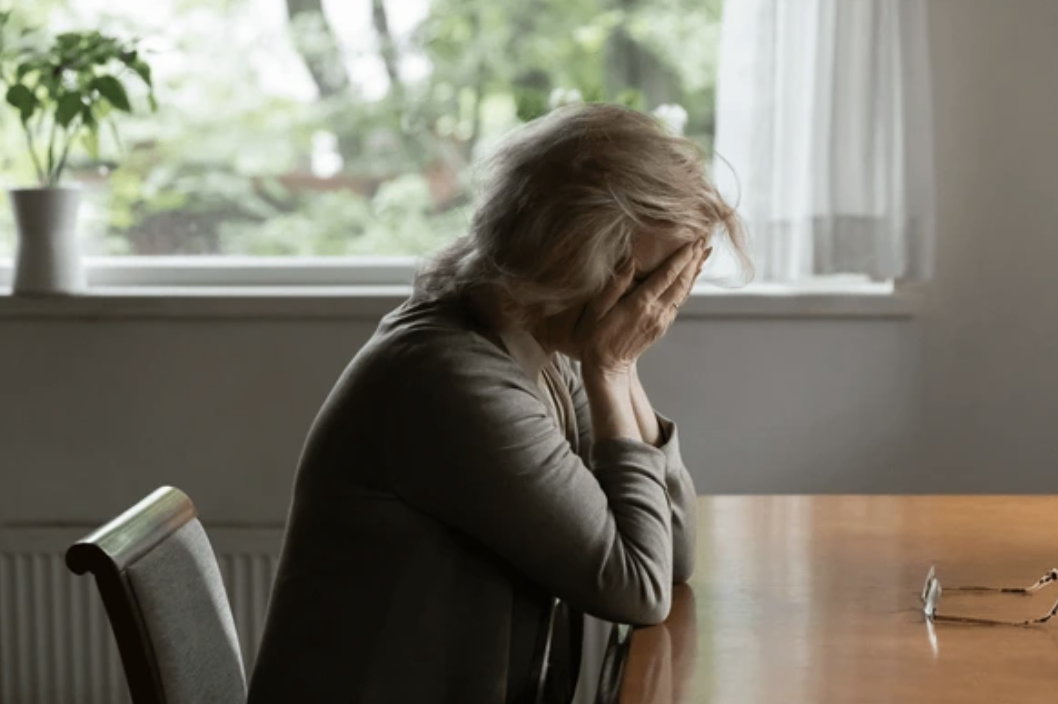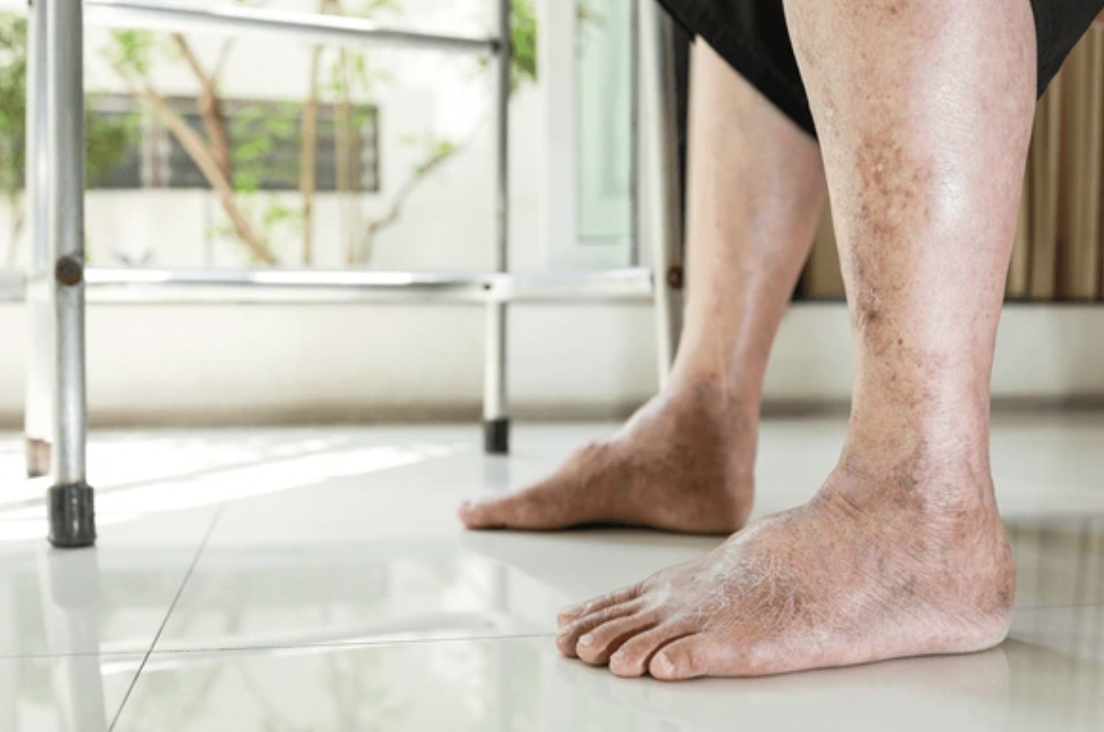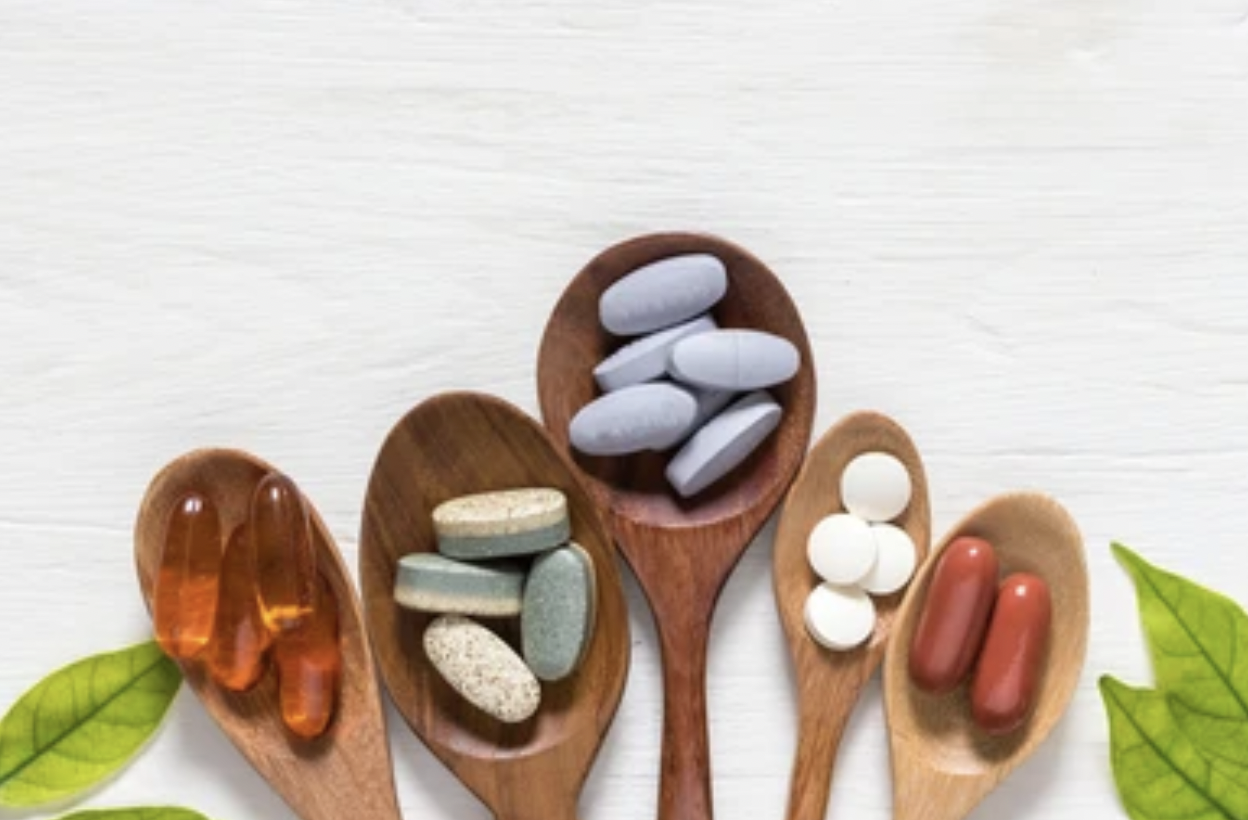When we think of liver damage, we often associate it with alcohol abuse. However, there are many other factors that can cause damage to this vital organ, including diabetes and obesity. The liver is responsible for processing nutrients, removing toxins from the body, and regulating hormone levels. When it’s not functioning properly, it can lead to a variety of health problems.
Not only that, but many people often overlook the importance of the liver in their overall health, but it is one of the most important organs in the body. Your liver does vital work that makes sure your body is functioning correctly. It helps filter blood, produces bile for digestion, and even helps regulate glucose levels. All of these functions can be affected when your diet and blood sugar levels are not properly balanced.
In this article, we’ll explore some of the subtle signs that may indicate liver damage and what you can do to protect this critical organ. Additionally, we’ll delve into the ways that your liver can be damaged by your diet, blood sugar issues, and other factors. We’ll also discuss some natural remedies that can help reverse liver damage.
5 Subtle Signs Your Liver Is Damaged…
1) Yellowing of the Skin and Eyes – This is known as jaundice and is one of the most common signs of liver damage. Bilirubin, a waste product that is normally filtered out by the liver, builds up in the bloodstream and causes the yellowing. If you notice that your skin or eyes have a yellowish tint, it’s important to seek medical attention immediately.
2) Unexplained Itching – Liver damage can also cause itching, which may be localized or widespread. This is due to a buildup of bile salts in the bloodstream. While itching may not seem like a serious symptom, it can be extremely uncomfortable and affect your quality of life.
3) Easy Bruising – The liver plays an important role in blood clotting, so when it’s not functioning properly, you may notice that you bruise more easily. This is because your body is not able to clot as quickly or effectively as it should. If you’re experiencing unexplained bruising, it’s important to get checked out by a doctor.
4) Weight Loss – While it’s true that liver damage can sometimes cause weight gain, it can also cause unexplained weight loss. This is because the liver plays a vital role in processing and storing nutrients. When it’s not functioning properly, your body may not be able to absorb all of the nutrients it needs.
5) Mood Changes – The liver is responsible for processing hormones, so when it’s not functioning properly, it can lead to mood swings and other emotional changes. If you’re experiencing unexplained mood changes, it may be worth getting your liver function checked.
Now that we’ve covered some subtle signs that our liver can be damaged, let’s go into some of the ways we may be accidentally damaging our liver.
3 Ways We Accidentally Damage Our Liver…
1) Sugar and High-Fat Foods
Many of us consume large amounts of sugar and high-fat foods, which can lead to insulin resistance and fatty liver disease. When this happens, fat accumulates in the liver, causing inflammation and scarring. Some ways to improve this include avoiding high-fructose corn syrup, reducing sugar intake, and limiting unhealthy fats. Diet changes are crucial to prevent and treat liver issues. Healthy fats such as olive oil and avocado can help with that transition, and fiber helps quicken the sugar processing in the body as well.
2) Alcohol Consumption
Alcohol consumption is a prevalent factor in liver damage, causing inflammation, scarring, and sometimes, irreversible cell destruction. Eventually, liver damage can cause liver disease (cirrhosis), so it’s crucial to monitor your alcohol consumption carefully. Moderation is key to maintaining liver health. Try to limit your alcohol intake to one drink per day for women or two drinks per day for men.
3) Impact of Medications
Certain medications, such as acetaminophen, can cause liver damage. An overdose of this medication can lead to liver failure, highlighting the severity of liver damage. It’s best to follow the recommended dosage or talk to a doctor before taking any medication. Although studies haven’t completely verified, it’s said that milk thistle, an herb that has been used for years in traditional medicine, may help protect the liver from damage caused by some drugs.
So, now that we have guidelines to prevent liver issues, let’s discuss some natural remedies to help reverse liver damage.
Natural Remedies
Firstly, including turmeric in your diet can do wonders for liver health. Turmeric contains curcumin, which is known to help with inflammation and slow down fat buildup in the liver. Secondly, consider adding garlic to your diet as it contains a compound known as allicin, which helps reduce the risk of liver damage. Last but not least, milk thistle, as mentioned before, can also aid liver function by repairing damaged liver cells and decreasing inflammation.
Conclusion:
The liver is a vital organ that plays a crucial role in our overall health. While liver damage may not always be immediately apparent, there are a few subtle signs that may indicate something is wrong. If you’re experiencing any of these symptoms, it’s important to seek medical attention as soon as possible. Diabetes and obesity are just two of the conditions that can lead to liver damage, so it’s important to take steps to protect this critical organ. Eating a healthy diet, exercising regularly, and avoiding excessive alcohol consumption can all help keep your liver functioning properly.
Remember, our bodies are a delicate yet complex system. When it comes to liver function, much depends on what we consume, how much of it, and how frequently we consume it. Modifying our diet and introducing natural remedies can significantly help our liver regain its strength, resilience, and functionality. It is essential to know the importance of this organ and prioritize liver health above all else.
This content is for informational and educational purposes only. It is not intended to provide medical advice or to take the place of such advice or treatment from a personal physician. All readers/viewers of this content are advised to consult their doctors or qualified health professionals regarding specific health questions. Neither Abraham Parker, nor the publisher of this content takes responsibility for possible health consequences of any person or persons reading or following the information in this educational content. All viewers of this content, especially those taking prescription or over-the-counter medications, should consult their physicians before beginning any nutrition, supplement or lifestyle program.



